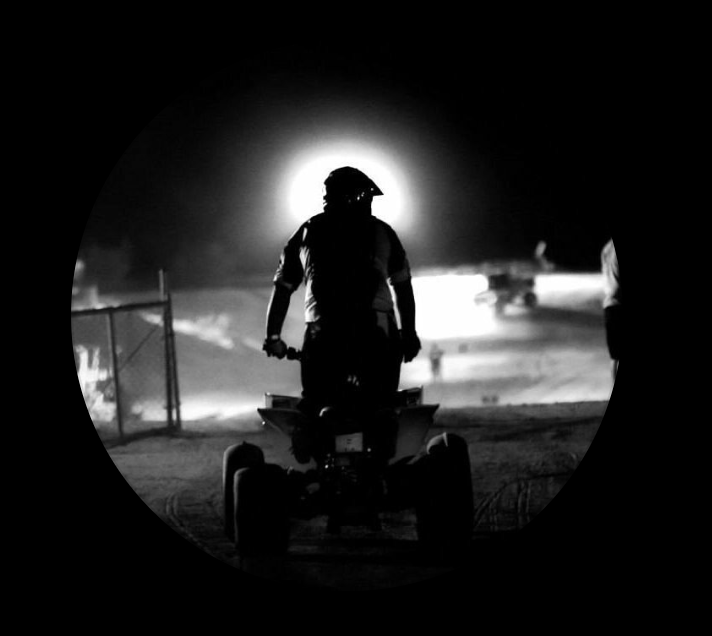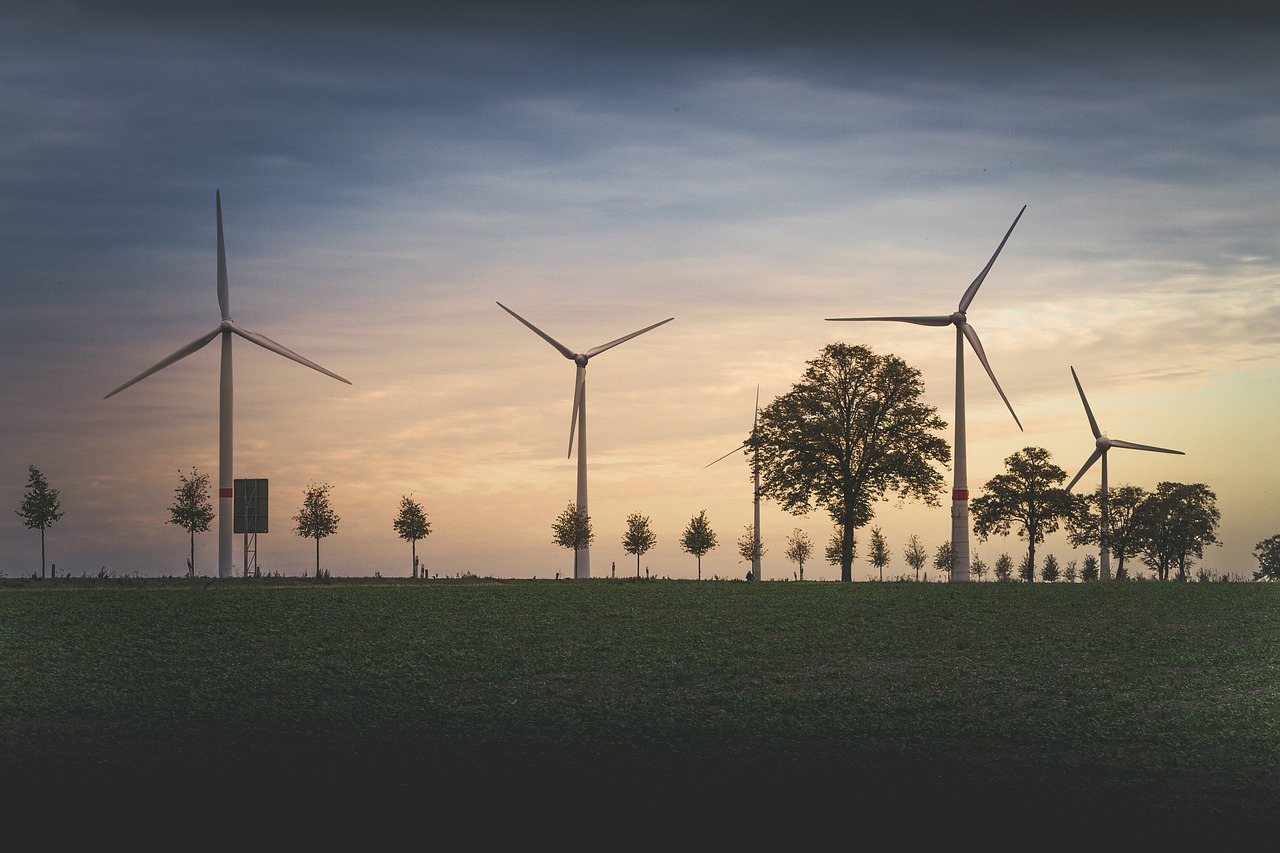There are several different types of power plants in Switzerland. All of the nation’s power plants, both publicly and privately owned, are included in this list. The most thorough overview of the nation’s power plants, their particular power capacity, and their respective fuel renewal and use is provided by the Swiss Federal Office of Energy. Switzerland has developed a number of sustainable energy sources in addition to other conventional power plants. This list of all Swiss power plants includes information on each one’s specific fuel sources, types of energy, and technological advancements. For individuals who want to understand more about Switzerland’s varied array of energy resources and capabilities, it will be a helpful resource.
The list of nuclear power stations in Switzerland is provided below.
List of all Nuclear Power Plants in Switzerland in table format
For the benefit of our readers, we have compiled a list of Nuclear power plants in Switzerland in the table below:
| Powerplant Name | PowerPlant Capacity(MW) | Power Plant Location via to Latitude and Longitude | Fuel Type- Primary | Estimated Power Generation(GWH) |
|---|---|---|---|---|
| Kernkraftwerk G sgen | 1035 | 47.3656, 7.968 | Nuclear | N/A |
| Kernkraftwerk Leibstadt | 1245 | 47.6012, 8.1845 | Nuclear | N/A |
| Kernkraftwerk M hleberg | 390 | 46.9689, 7.2684 | Nuclear | N/A |
Informational sources: CARMA, GEODB, WRI, and Wiki-Solar
Best Nuclear Power Plants in Switzerland in 2023
Below is information on the finest nuclear power plant in Switzerland:
Powerplant Kernkraftwerk Beznau Reviews
Switzerland is home to the 760 megawatt Kernkraftwerk Beznau nuclear power facility. Its main fuel type is nuclear, and its coordinates are 47.552 N 8.2281 E. The plant began operating in 1969 and can produce up to 28,450 GWh of energy annually.
The largest energy generator in Switzerland, AXPO Group, includes Kernkraftwerk Beznau. The facility’s two reactor units were first put into service in 1969 and 1971, respectively. Both units have Advanced Safety Reactor (ASR) technology and are pressurized water reactors. The plant can resist a number of worst-case scenarios because to the ASR technology, which also stops the emission of potentially harmful radioactive materials. Since it began operating in 1969, the factory has done so without incident or accident.
The management of Kernkraftwerk Beznau has continued to place a strong premium on safety and operational excellence in order to ensure that its customers receive dependable, sustainable, and safe energy. Kernkraftwerk Beznau is notable for being the first nuclear power plant in Switzerland to supply electricity to consumers.
Powerplant Kernkraftwerk G sgen Reviews
At 47.3656 latitude and 7.968 longitude, there is a 1035 megawatt nuclear power facility known as Kernkraftwerk G sgen. More than three million homes in Switzerland are reliably powered by the power plant. It is the country’s second-largest nuclear power station and the first nuclear power plant in Switzerland to win an international safety award. The four units of Kernkraftwerk G sgen, which was founded on July 1, 1980, and is powered by two major reactors, provide electricity to the national grid. The facility produces 1035 megawatts in total.
The plant uses nuclear energy as its main fuel, and to protect safety in the event of an emergency, it also has a Station blackout design. With the assistance of Swiss and international specialists, it features an advanced safety system and monitoring capability. Kernkraftwerk G sgen has been able to produce an estimated 92.8 TWh of energy so far in its nearly 40 years of operation. The power plant is one of the most dependable and effective power plants in the world and is administered by Axpo, a significant Swiss electric utility.
Powerplant Kernkraftwerk Leibstadt Reviews
One of Switzerland’s two nuclear power stations is called Kernkraftwerk Leibstadt, and it is situated in that nation. The plant is situated at 47.6012 N 8.1845 E and has a 1245 MW installed capacity. Nuclear fuel is the main fuel used by the power plant.
Since it first started operating in 1984, the Leibstadt Nuclear Power Plant has consistently supplied Switzerland with safe electricity. The power plant has a projected lifespan of more than 50 years and will generate 120 billion kW of power during that time. The Leibstadt Nuclear Power Plant is intended to provide a reliable and secure source of electricity. It makes use of safety measures to guarantee the plant’s secure operation and to safeguard the environment.
Powerplant Kernkraftwerk M hleberg Reviews
The Muhleberg Nuclear Power Plant, also known as Kernkraftwerk M hleberg, was constructed in Switzerland and has been in use since 1972. The 390 MW power station, which is situated at 46.9689 latitude and 7.2684 longitude, is predominantly powered by nuclear energy. The plant has successfully served the public for more than 40 years and has consistently provided the energy demands of the Swiss people, making it one of the most significant providers of electricity in the country.
By making significant investments in solar power, hydroelectricity, and wind energy, Kernkraftwerk M hleberg has also emerged as one of the nation’s leading proponents of renewable energy. It has employed self-generation and cogeneration energy sources to extend reliability and guarantee power availability even in the event of failure of external grid power systems. New technologies that may help cut down on the production of nuclear waste are also receiving investment. The power station is anticipated to produce 288 gigawatts of electricity annually by the year 2020.
FAQ
Q. Is nuclear power used in Switzerland?
A. Yes, nuclear energy is employed in Switzerland; in 2019, it generated about 38% of all the nation’s electricity.
Q. How many nuclear power plants are there in Switzerland?
A. Switzerland has five nuclear reactors spread across two nuclear power plants: Leibstadt and Beznau 1 and 2.
Q. What is the share of carbon dioxide emissions due to nuclear in Switzerland?
A. Switzerland produced around 5 million tonnes of CO2 equivalent of carbon dioxide emissions in 2018.
Q. What is the lifetime of nuclear power plants in Switzerland?
A. The Swiss Federal Operating Agency has the option to determine the lifespan of nuclear power facilities in Switzerland, subject to best economic practice and case-by-case reviews. The average lifespan is 50 to 60 years.
Q. What is the safety record of the Swiss nuclear power plants?
A. The Swiss nuclear power plants have a safety record that is regarded as among the greatest in the world, and the Swiss government has set up an incident reporting system for nuclear sites.
I hope you enjoyed reading the information about All Nuclear Power Plants in Switzerland above. If you did and have any feedback, please share it in the comments section.

Cory Combs is the Lead Writer and a key contributor at PowerPlantForum.com, a top resource for energy professionals and enthusiasts. With over a decade of experience in power plant operations and a degree in Electrical Engineering, Cory is a recognized authority in the field. His expertise in optimizing energy systems is informed by extensive hands-on experience and research. Follow Cory for the latest updates and expert insights on Instagram.

